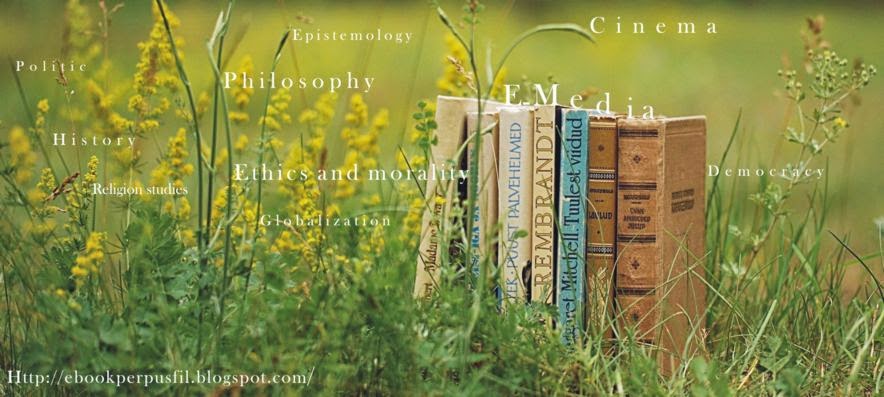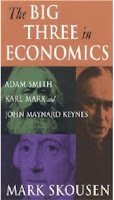
AT 10.10 P.M. ON THE NIGHT of February 13-14, 1945 the R.A.F. Master Bomber broadcast the cryptic order: 'Controller to Plate-Rack Force: Come in and bomb glow of red T.I.s as planned.' The ill-famed attack on Dresden had begun. The target city was among Germany's largest, but it alone had developed no single major war industry. The German authorities had made it a centre for the evacuation of wounded servicemen, and by February 1945 most schools, restaurants, and public buildings had been converted into military hospitals. In selecting Dresden for this purpose, the German government probably hoped that this, one of the most beautiful cities in Europe, often compared with Florence for its graceful Baroque architectural style, would be spared the attentions of the allied bombers. By 1945, the legend was deeply entrenched in the population's mind that Dresden was a city that would never be bombed. It was not to be. In February 1945, with the Soviet armies making striking advances in their invasion of Silesia and East Prussia, and when the war's political and military directors were meeting at Yalta, Mr Winston Churchill was urgently in need of some display both of his offensive strength and of his willingness to assist the Russians in their drive westwards. Dresden, the 'virgin target' just seven miles behind the eastern Front, became the victim of Mr Churchill's desire for a spectacular blow. By a combination of delays and poor weather, the raid, the climax of the strategic air offensive against Germany, and the most crushing air-raid of the war, was not delivered until the day that Mr Churchill was departing from Yalta. The city was undefended -- it had no guns, and even the German night-fighter force was grounded by Bomber Command's brilliant tactics of deception and trickery. It had no proper air-raid shelters. On the night of the attack, Dresden was housing hundreds of thousands of refugees from Silesia, East Prussia, and from western Germany in addition to its own population of 630,000. Up to 100,000 people, perhaps more, were killed in two to three hours, burned alive, that night. Yet until the author's first book on it appeared in 1963 the raid on Dresden scarcely figured in any official indices of the war. A veil had been drawn across this tragedy. Why was there this official silence about the Dresden tragedy? Certainly little discredit reflected on the officers and men of the bomber forces; equally the two commanders, Sir Arthur Harris and General Carl Spaatz, were not acting out of hand. The directives and orders confronting them were painfully clear. Stung by foreign revulsion at this new St. Valentine's Day Massacre, the British Prime Minister - who had ordered it - penned an angry minute to his Chief of Staff, even before the war ended, rasping that, "The Destruction of Dresden remains a query against the conduct of Allied Bombing." It is from this remarkably forgetful minute that the subtitle of this documentary account is taken. For the first time, the full story, ommitting nothing, of the historical background to this cruel blow and of its unexpected political consequences, is told. First three, and now forty years' research in England, Germany, and the U.S.A., and the active cooperation of the military authorities in London, Washington, and Moscow, produce a detailed account of this tragedy.
http://www.4shared.com/document/jEkwKOde/Apocalypse_1945_The_Dresden_De.html
 Over the past thirty years Paul Feyerabend has developed an extremely distinctive and influentical approach to problems in the philosophy of science. The most important and seminal of his published essays are collected here in two volumes, with new introductions to provide an overview and historical perspective on the discussions of each part. Volume 1 presents papers on the interpretation of scientific theories, together with papers applying the views developed to particular problems in philosophy and physics. The essays in volume 2 examine the origin and history of an abstract rationalism, as well as its consequences for the philosophy of science and methods of scientific research. Professor Feyerabend argues with great force and imagination for a comprehensive and opportunistic pluralism. In doing so he draws on extensive knowledge of scientific history and practice, and he is alert always to the wider philosophical, practical and political implications of conflicting views. These two volumes fully display the variety of his ideas, and confirm the originality and significance of his work.
Over the past thirty years Paul Feyerabend has developed an extremely distinctive and influentical approach to problems in the philosophy of science. The most important and seminal of his published essays are collected here in two volumes, with new introductions to provide an overview and historical perspective on the discussions of each part. Volume 1 presents papers on the interpretation of scientific theories, together with papers applying the views developed to particular problems in philosophy and physics. The essays in volume 2 examine the origin and history of an abstract rationalism, as well as its consequences for the philosophy of science and methods of scientific research. Professor Feyerabend argues with great force and imagination for a comprehensive and opportunistic pluralism. In doing so he draws on extensive knowledge of scientific history and practice, and he is alert always to the wider philosophical, practical and political implications of conflicting views. These two volumes fully display the variety of his ideas, and confirm the originality and significance of his work.
















































